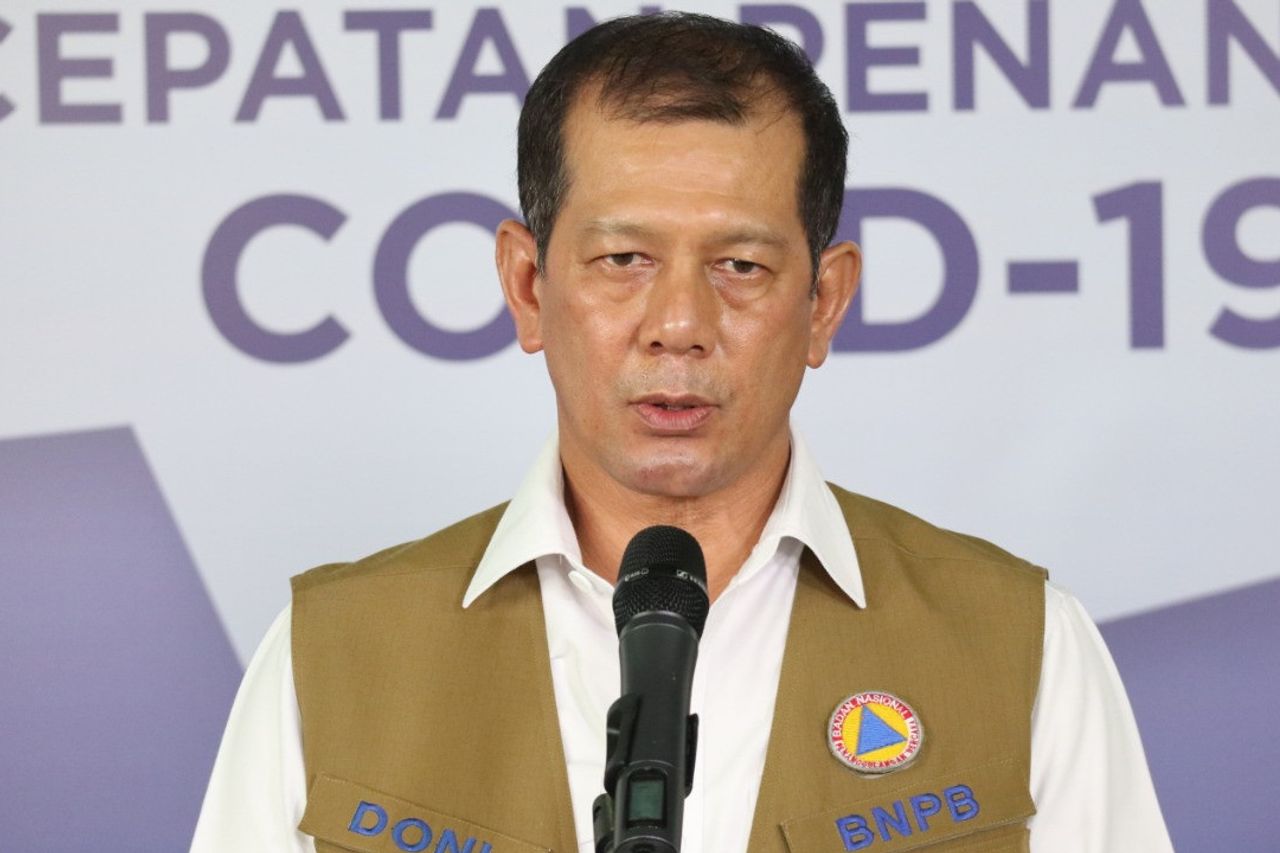The Education Sector Was Last Opened In The New Normal Phase

JAKARTA - Chairman of the Task Force for the Acceleration of Handling COVID-19 Doni Monardo emphasized that education is the sector that will be opened at the latest in the new normal phase. This was decided because the Task Force saw this sector as the most at risk during the pre-COVID-19 period.
"Education, because of its high risk, is the last part that will be used as a presidential program," Doni said in his report during President Joko Widodo's visit to Graha BNPB, Jakarta, Wednesday, June 10.
This policy is also applied to the yellow zone and green zone for the spread of COVID-19. Currently, 44 percent of regencies / cities in Indonesia are included in the green and yellow zone. The green zone is an area that is free of COVID-19, while the yellow zone is an area that has a low risk of transmission.
However, in these two zones, said Doni, they are considered ready to reopen their activities to enter a new period of normality.
Meanwhile, in the red zone, which means that the rate of transmission of the virus is still high, it has not been allowed to enter a new normal phase. This zone is still under the escort of the Task Force.
Prioritize human health educationThe Ministry of Education and Culture (Kemendikbud) emphasized that they prioritize health and safety in the implementation of the new academic year 2020/2021 during the early days of COVID-19.
"We prioritize the health and safety of education personnel, namely teachers, students, and parents," said Evy Mulyani, Head of the Ministry of Education and Culture's Public Relations and Cooperation Bureau, Tuesday, June 9.
Although the new school year starts on the third Monday of July, that does not mean that at that time, students will study face-to-face at school. The implementation of learning in schools, he said, would depend on the conditions and situations in each region.
"The new academic year does not mean face-to-face teaching and learning activities in schools," he said.
Evy said the distance learning process should be able to provide meaningful learning experiences for teachers, students and parents. Learning activities must be carried out with various variations.
He explained, there are various alternatives to carry out the distance learning process. First, online learning via the internet. Second, learning through television and radio broadcasts. Finally, learning through modules that are given to students to be studied on their own in coordination between teachers and parents.
This home learning activity, said Evy, also needs to consider the access of students and parents in their respective homes. In addition, it needs good collaboration between parents and teachers for the maximum implementation of distance learning.
Previously, the Minister of Education and Culture (Mendikbud) Nadiem Makarim said that the Ministry of Education and Culture had indeed prepared various scenarios according to conditions in the field regarding the education sector during the mid-week period. He said, the decision to open the education sector was not taken by them, but by the Task Force for the Acceleration of Handling COVID-19.
"The Ministry of Education and Culture is ready with all scenarios, but how to handle it in any scenario continues to be a discussion with experts and the task force is still reviewing the decision," said Nadiem in a virtual working meeting broadcast on YouTube DPR RI, Wednesday, May 20.
He said, after the Task Force for the Acceleration of Handling COVID-19 made a decision, the Ministry of Education and Culture would execute and arrange for its implementation. Nadiem is uncertain about the Task Force's decision. He chose to wait for a decision from the task force led by Doni Monardo.
"I cannot provide any statement regarding that matter. The decision is in the Task Force," he said.
